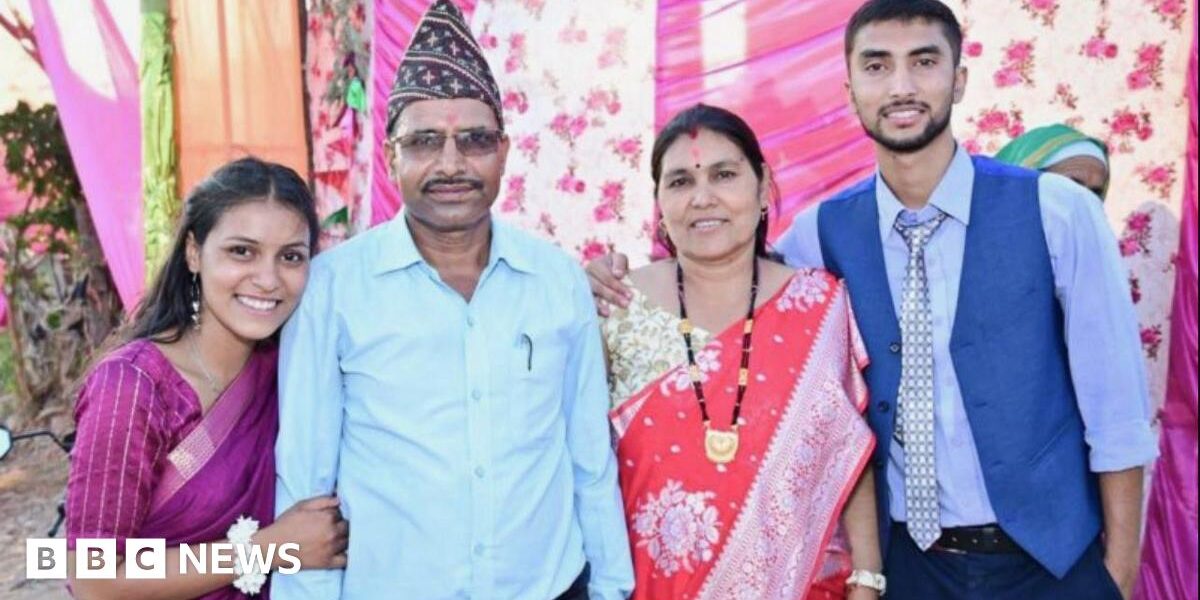“It has been a very lonely experience,” Mahananda said.
Mr Pandit, Nepal’s ambassador to Israel, told the BBC that he had been in regular contact with the family and visited the village.
Mahananda painted a slightly different picture, saying that early on in the war the family did receive many visits from officials, but as it dragged on they were increasingly left alone.
“Since the new ceasefire agreement, no-one has come to see us or communicated with us at all,” he said.
“Everything we know comes from the news.”
A spokesperson for the office of the Israeli President, Isaac Herzog, who has been working with hostage families over the past 15 months, said that it treated all hostages the same, either Israeli or from abroad, and was working diligently to get them all freed.
For some of the families, the ceasefire news brings hope that their 15-month ordeal is coming to a close and they will see their loved ones again within weeks.
For others, like the Joshis, any hope must be tempered.
The longer they have to wait, the more likely the ceasefire deal could fall apart.
At home in Bispuri Mahendranagar on Thursday, Bipin’s sister Puspa was holding a photo of her brother as she spoke.
Tears filled her eyes when she talked about him coming home. She was confident he would.
“And when I see him again, I’m going to hug him,” she said. “And cry.”





